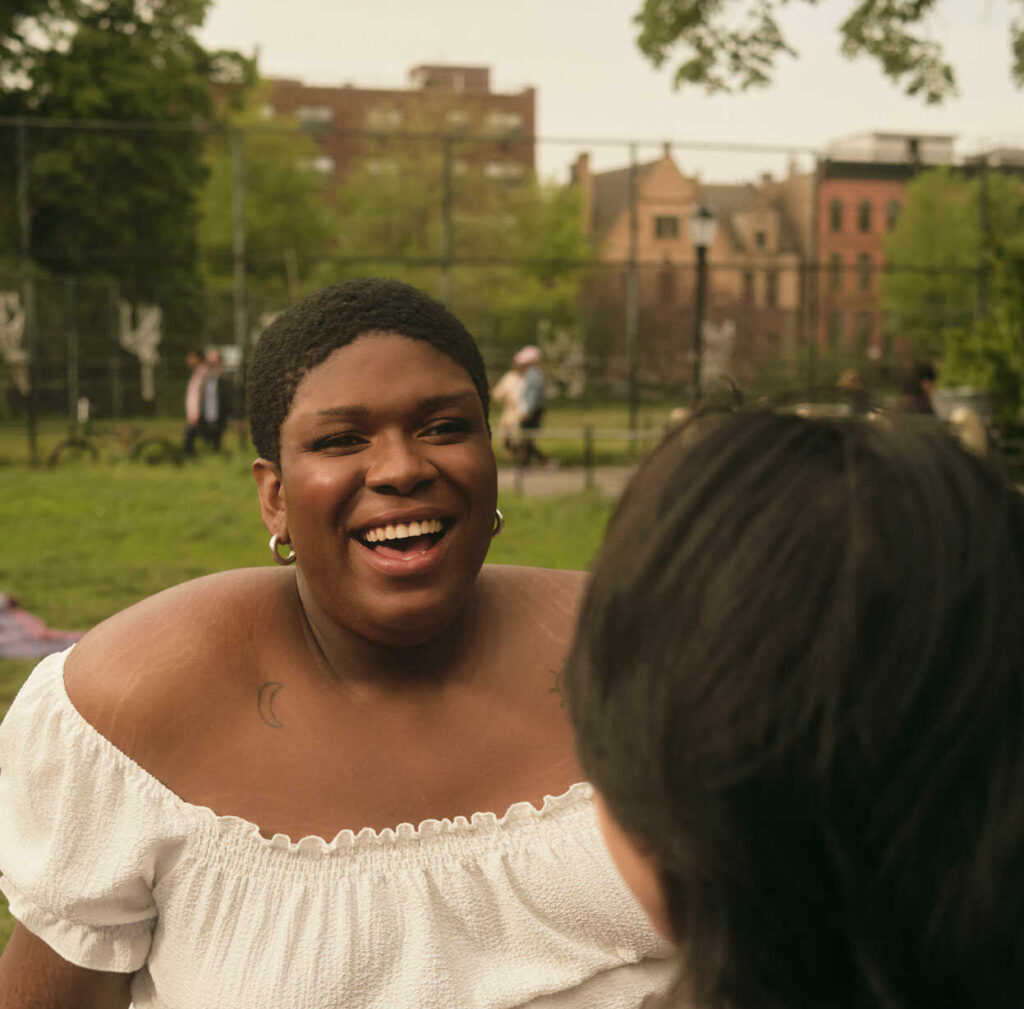Relaxation and Recovery
Relaxation and Recovery are the purpose of resting. Negative thoughts inhibit the body’s ability to recover energy. It’s important to remember that stopping physical activity and relaxing are not always the same thing. If you are sitting down, but feeling irritated, frustrated, resentful about feeling tired, you are not in fact ‘relaxing’ but using mental energy.
Stress is a normal part of life but having a long-term health condition can make life more stressful. Common stress responses are tense muscles, using more energy and poor immune system.
‘’I see all the things piling up that I feel I should be doing. I worry that I will never catch up. In the past I would be able to everything with no trouble’’
Relaxation is the opposite of stress; you feel calmer and more confident with reduced tension. Some common barriers to relaxation include:
- Feeling you don’t have anytime to relax or it’s never the right time
- Feeling you have too many demands on your life-work, home family etc.
- Feeling you can’t do it from previous experience
- Feeling sceptical –that it’s not your thing
- Being concerned that you, or others will think you are lazy
- Being worried about missing out on something
- Not being used to sitting in stillness
- Being distracted by social media and screens
Overcoming barriers to Relaxation
We look at things you might consider to overcome these common barriers to relaxation:
Time
- You don’t always need to take a lot of time out for formal relaxation-it can be as simple as closing your eyes and paying attention to your breathing for a few minutes.
- Try techniques like ‘square breathing’ or imaging a lit candle and you watch the flame flicker, but not go out. Being mindful of breathing deeply -imagine a balloon inflating in your abdomen on the in breath, deflating on the out breath
- There is no ‘right time’, rather try to promise yourself that you will do short relaxation pieces each morning, afternoon and evening.
- Develop a routine –set a timer on your watch or phone to remind you it is due.
Too many demands on life
- Use your weekly activity planner to identify where you can take breaks. Always remember you are trying to achieve balance.
- Learn to say ‘no’ occasionally.•Understand that the busier your life is, the more you will benefit from taking short periods of time out of your day to counteract this.
- Communicate with others so they understand why you are doing it.
Previous experience of relaxation
You may have tried it before and either didn’t like it, or decided it didn’t work. Remember that relaxation is a skill which is like any other-it takes perseverance and practice.Like any other skill, the more you do it, the better you will become at it-and the more you will benefit.
Scepticism
- Try to disregard any preconceived ideas you may have of relaxation practices.
- There are so many to choose from, so spend time exploring what suits you.
- Mindfulness, breathing techniques, Yoga relaxation, guided imagery, progressive muscle relaxation-there are many different approaches available.
- Use of relaxation phone Apps is often a good place to start if you are unfamiliar with relaxation.
Feeling like its being lazy
- Give yourself permission to stop and just ‘be’ for a while.
- You are not being self-indulgent by not completing tasks all in one go.
- By relaxing, you are actively engaging in self-care
- Become comfortable with taking regular breaks, and doing more of the things which help you relax
- Explain the importance of relaxation for pain management to those around you.
- Ask others to help you plan for relaxation periods, so they support you by making sure you take that time to relax.
I think I will be missing out on something
- Resist the desire to be involved in activities all the time, either on your own or with others.
- Recognise that it is better to spend your time learning how to relax regularly, which will give you energy and motivation to engage in more of the activities you enjoy.
- Take a break from social media.
Tips for relaxation
- Learn about different relaxation methods, explore different techniques and find the one(s) which work for you.
- Explore relaxing spaces-quiet rooms, a comfortable armchair in the sunshine etc.
- Tap into the relaxing properties of nature, which in itself is healing. Birdsong, trees, flowers, wind through the grass, clouds-become mindful of them.
- Take a warm bath, focusing on the feel and sound of the water, watching the bubbles drift along and the sound of them popping –good ways to slow down and become calm.
Modern technology distractions
- Turn off the TV, put down your phone, switch off the Games Console. You may think you are relaxing whilst engaging with this technology, but your brain and nervous system are still working hard.
- Disconnect from Social media, YouTube and replace video gaming with sitting in a quiet room, perhaps lighting some candles or using relaxing essential oils.
- Put your ‘phone on silent for a while-or switch it off altogether
Finally, it is called ‘relaxation practice’ for a reason-because you have to practice it. Don’t be self-critical if you don’t master these skills straight away.Perseverance is the key–and enjoy the learning!








